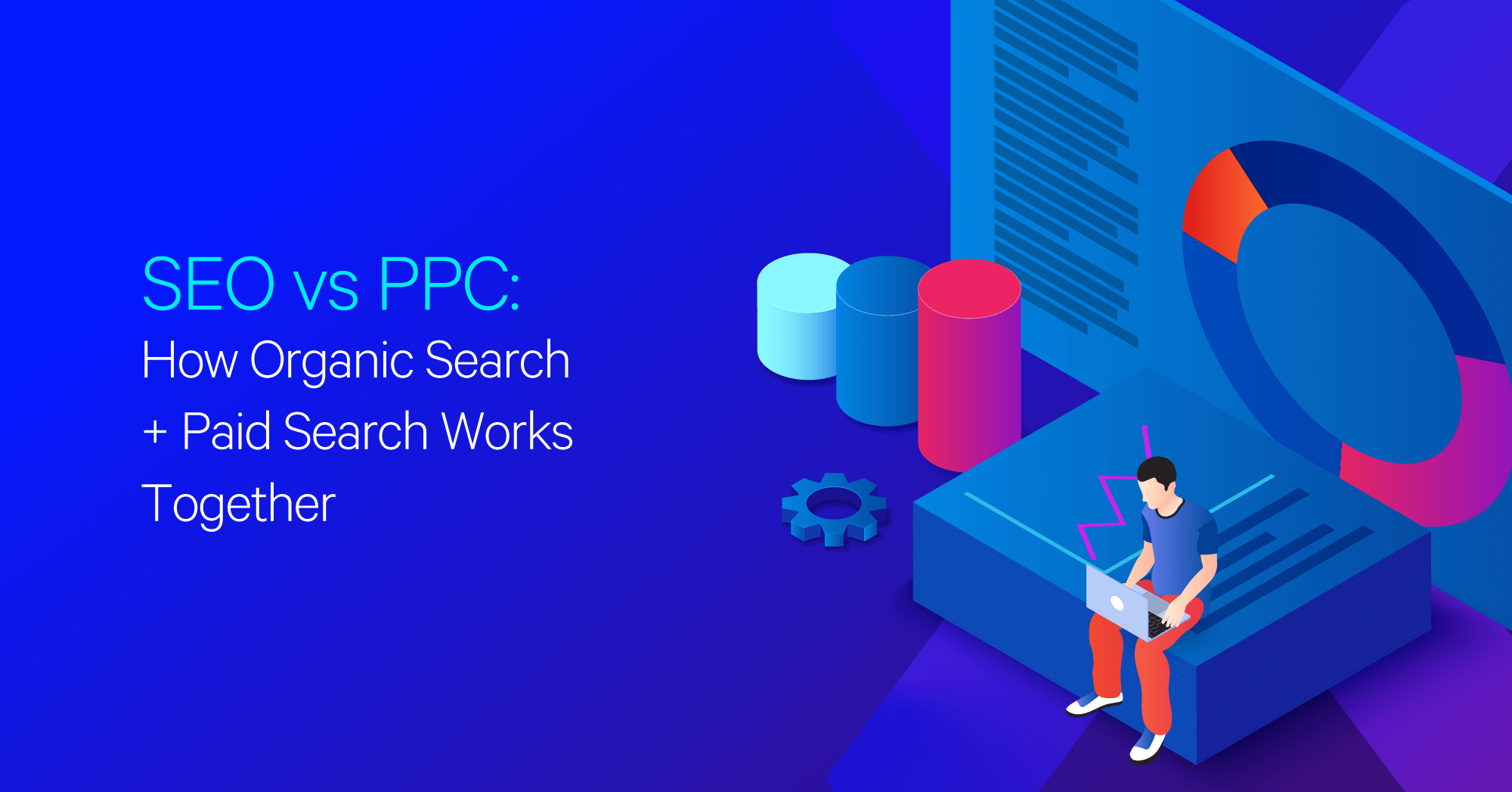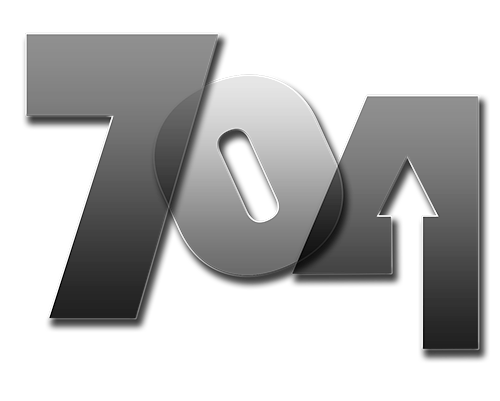
The SEO Showdown: Paid vs. Organic – What's the Best Path for Your Business?
In the ever-evolving digital landscape, getting your business seen online is paramount. You've likely heard the term "SEO" thrown around, but did you know there are two main avenues to boosting your search engine visibility? We're talking about the dynamic duo of Paid Search (often called SEM or PPC) and Organic Search.
At 704, we're all about empowering our clients with knowledge, so let's break down these two powerful strategies, explore their pros and cons, and discover how they can work together to propel your business forward.
Organic Search: The Long Game of Authority and Trust
Think of organic search as building a long-term reputation in the digital world. When someone types a query into Google, the organic results are the unpaid listings that appear based on their relevance and authority. This is where Search Engine Optimization (SEO) truly shines.
How it Works (Simply): Search engines like Google use complex algorithms to crawl, index, and rank billions of web pages. They look for high-quality, relevant content, good user experience, mobile-friendliness, and a strong backlink profile (other reputable sites linking to yours).
Pros of Organic Search:
- Cost-Effective (in the long run): While there's an initial investment in time, effort, or professional SEO services, you don't pay per click. Once you rank, the traffic is "free."
- Builds Trust & Credibility: Users often perceive organic results as more trustworthy and authoritative than paid ads. Achieving top organic rankings signals that your content is genuinely valuable.
- Sustainable Traffic: High organic rankings can provide a consistent flow of traffic over time, establishing a valuable asset for your business.
- Improved User Experience: Good SEO practices naturally lead to a better website experience for your visitors, which benefits conversion rates.
Cons of Organic Search:
- Time-Consuming: Achieving significant organic rankings takes time, often months or even a year, especially for competitive keywords. It's a marathon, not a sprint.
- Constant Effort: SEO is not a "set it and forget it" strategy. Algorithms change, competitors emerge, and content needs regular updates to maintain rankings.
- No Guarantees: While best practices improve your chances, there are no guarantees of specific ranking positions due to the competitive nature of search.
Paid Search (PPC/SEM): The Fast Track to Visibility
Paid search, or Pay-Per-Click (PPC) advertising, is essentially buying real estate at the top (and sometimes bottom) of search engine results pages. Google Ads (formerly Google AdWords) is the most common platform for this.
How it Works (Simply): You bid on keywords relevant to your business. When a user searches for that keyword, your ad may appear. You only pay when someone clicks on your ad – hence, "Pay-Per-Click."
Pros of Paid Search:
- Instant Visibility: Ads appear almost immediately, giving you immediate exposure for target keywords.
- Precise Targeting: You can target specific demographics, locations, times of day, and even devices, allowing for highly relevant ad delivery.
- Measurable ROI: PPC platforms provide detailed analytics, making it easy to track performance, measure return on investment, and optimize campaigns.
- Brand Awareness: Even if users don't click, simply seeing your ad can increase brand recognition.
- Flexibility: You can quickly start, pause, or adjust campaigns based on performance, budget, or seasonal needs.
Cons of Paid Search:
- Cost Per Click: You pay for every click, which can add up quickly, especially for competitive keywords.
- Stops When Budget Runs Out: Once your budget is exhausted, your ads disappear, and so does your visibility.
- Ad Fatigue: Users can sometimes become "blind" to ads, or actively avoid clicking on them.
- Less Credibility (Perception): Some users inherently trust organic results more than paid advertisements.
The Power of Both: A Holistic Approach
So, which one is better? The truth is, it's not an either/or situation. For most businesses, the most effective strategy involves leveraging both paid and organic search.
- Use Paid Search for Immediate Impact: Launch new products, promote special offers, or test new keywords quickly. It’s excellent for driving traffic while your organic efforts are still maturing.
- Build Organic Authority for Long-Term Growth: Invest in high-quality content, technical SEO, and link building to secure sustainable, cost-effective traffic and build lasting brand trust.
- Synergy in Action: Sometimes, having both an organic listing and a paid ad for the same keyword can increase your overall search engine results page (SERP) real estate and improve click-through rates, signaling your dominance in that search query. Data from paid campaigns can also inform your organic strategy by revealing high-performing keywords.
Your Path Forward
Understanding these differences is the first step. The right balance for your business depends on your goals, budget, industry, and timeline. At 704, we work with clients to develop comprehensive digital strategies that integrate the best of both worlds, ensuring your business not only gets seen but also thrives online.
Ready to explore how a combined SEO strategy can work for you? Let's connect!





